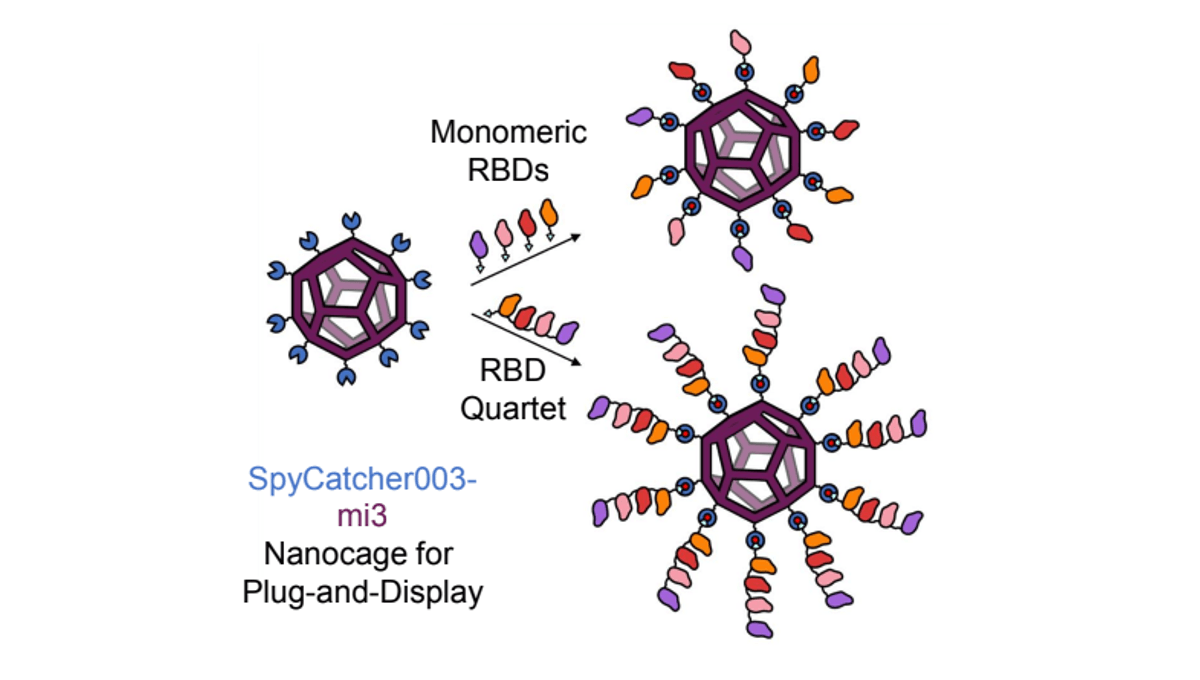
Researchers working on a near-universal coronavirus vaccine that could stop outbreaks before they get started have reported success in mice. The vaccine confers immunity against the original SARS virus, despite it not being one of the viruses used to build it.
There’s little doubt that plenty of viruses currently circulating in animals will one day make the jump to humans. Moreover, viruses that have already made that leap will continue to mutate, creating new versions that will evade existing immunity. In a more connected world, such diseases have the potential to spread, and even kill, much faster.
Swifter processes to produce new vaccines may help, but it’s never great to be playing catch up. The solution lies in “proactive vaccinology”, finding ways to protect against viruses that don’t yet exist or have not yet infected humans. Although we can never know with certainty the effectiveness of such a vaccine until the virus emerges, Dr Rory Hills of the University of Cambridge and colleagues hope to have something that would provide reasonable confidence.
“Our focus is to create a vaccine that will protect us against the next coronavirus pandemic, and have it ready before the pandemic has even started,” Hills, first author of the new study, said in a statement. “We’ve created a vaccine that provides protection against a broad range of different coronaviruses – including ones we don’t even know about yet.”
Defending against a truly new type of virus, one with no cousins already infecting humans, could be an almost impossible task. Threats like that are rare, however. Almost all the diseases that plague humanity have close relatives, most notably in the case of coronaviruses.
“We don’t have to wait for new coronaviruses to emerge. We know enough about coronaviruses, and different immune responses to them, that we can get going with building protective vaccines against unknown coronaviruses now,” said Cambridge’s Professor Mark Howarth.
Their experimental vaccine is called a “Quartet Nanocage”. At its core is a ball of tightly-bound nanoparticles to which viral antigen chains are attached with a type of “protein glue” they and their colleagues created.
Exposure to these chains trains the immune system to target regions of coronaviruses that remain consistent across multiple varieties.
The team of researchers is hardly alone in attempting to produce a proactive coronavirus vaccine. A few scientists have been working on the idea since the original SARS outbreak in 2003, and inevitably efforts accelerated with the COVID-19 pandemic and the vaccine-making advances that came with it.
However, the researchers claim their approach is simpler to develop than alternatives. That may sound unlikely, since they are using an array of antigens rather than just one, but if they’re right it could make for a more rapid progress, particularly now its promise has been demonstrated.
The team used Receptor-Binding Domains (RBDs) from the “Spikes” of four coronaviruses, including the original Wuhan strain of COVID-19 for injection into mice. They compared this with alternative approaches that used some of the same technology but lacked key stages of the process. Although all the methods tested produced an array of antibodies, the Quartet Nanocage produced both the broadest and strongest response.
Crucially, the resulting antibodies were able to neutralize the original SARS1 virus. Replacing the Wuhan strain in the vaccine with the “Kraken” version of Omicron demonstrated the capacity to neutralize the original. Similarly, a version where an RBD from the original SARS1 virus was used proved effective against currently circulating variants. The broadening of responses also worked for mice whose immune systems had previously been primed with the Wuhan spike, indicating the approach could be helpful for people who have already received other COVID vaccines, or been infected.
As the authors note, medical technologies that work in mice do not always translate to humans. Moreover, even if some protection is provided, the extent of that protection is not known, and probably can’t be until the relevant virus emerges. Nevertheless, a widespread vaccine that reduces infections even modestly might have been all we needed in the early days of the pandemic to prevent it from running out of control.
Perhaps most importantly, the same basic technique may prove applicable to other families of viruses, such as influenza.
The study is published in the journal Nature Nanotechnology.
Source Link: Experimental Proactive Vaccine Protects Mice Against Known Coronaviruses And Those To Come